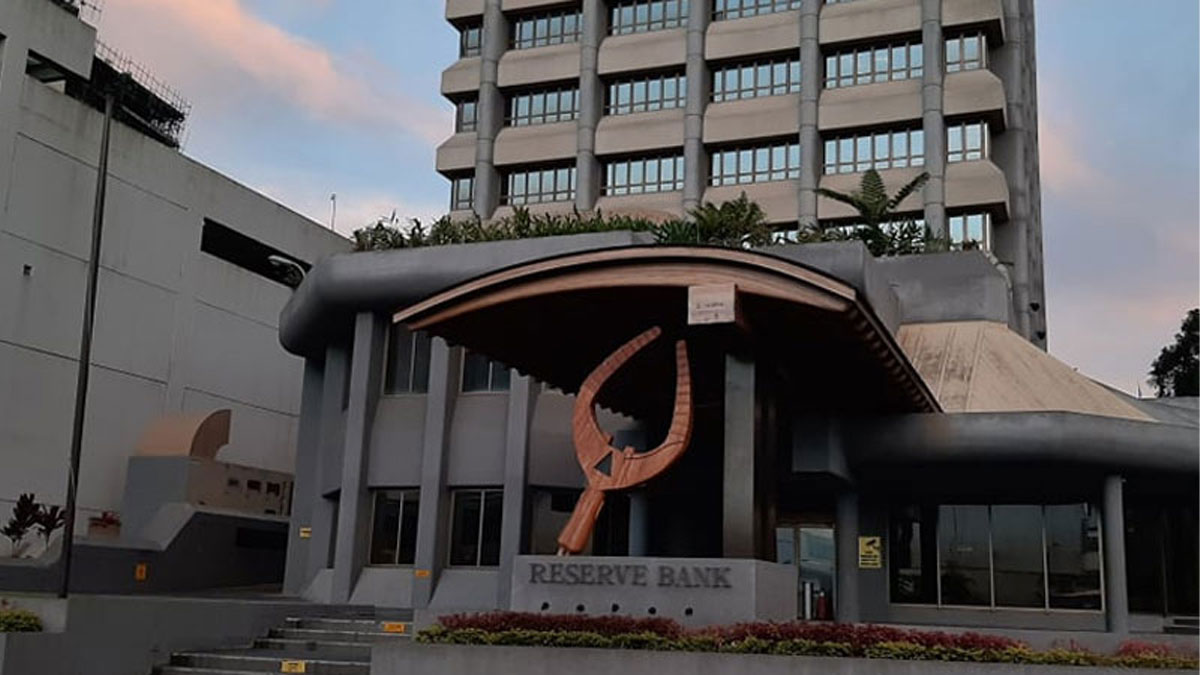
Year-end inflation cooled to 3.6 percent in 2022, much lower than the forecast of 5 percent, as prices for food and alcoholic beverages were lower than expected.
While making the assessment, the Reserve Bank of Fiji Board says overall, the cost of food and energy continued to drive the annual movement in prices, most of which is a spillover from imported inflation.
RBF Governor and Chair of the Board, Ariff Ali says in 2023, inflation is forecast to reach 3 percent and moderate in the medium term.
He says foreign reserves remain comfortable at $3.4 billion as at today, enough to cover 6.3 months of retained imports of goods and services and are projected to remain comfortable in the medium term.
However, Ali highlighted that risks to the monetary policy objectives remain tilted to the downside, with the main sources of uncertainty from the continued Russia-Ukraine war, the varying timing and magnitudes of central bank policy tightening and the current outlook for the global economy.
He also says while the domestic economy is anticipated to grow further this year, the labour market is expected to tighten with increased employment opportunities and migration.
Stay tuned for the latest news on our radio stations

